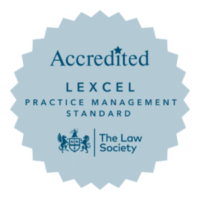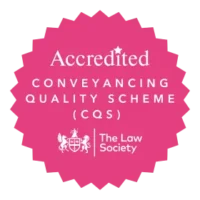Dealing with the Estate of a Deceased Person: A Four Part Series by Mike Gane – Part 1: What needs to happen immediately after someone dies
07th Nov 2022
When a person dies, there are many emotions and it can be a difficult and very worrying time for family and friends, especially those who become aware they are responsible for managing the deceased’s financial matters after their death and have little to no experience of such a situation.
What needs to happen immediately after the death
It may help if certain basics are considered as below.
- A death has to be registered within five days, or the person responsible is committing a criminal offence.
- It is necessary to find out if a deceased left any wishes regarding their funeral arrangements and if they wish to be buried or cremated to assist in the preparations by the Funeral Director.
- It is necessary to make investigations to find out if the deceased left a Will and notify the Solicitor/Will Writer of the death by providing the Death Certificate which is produced by the Registrar of Births Deaths and Marriages on registration. The Will may also contain details of the deceased’s funeral arrangements.
- It is also important to note that if the family arrange the funeral they become legally responsible for the settlement of the funeral account including any deposit required.
What happens if the deceased has a Will?
If a Will exists, the Executors who are named in the Will are legally responsible for administering all matters relating to the estate even when they are not family or friends i.e. on many occasions Partners in a firm of Solicitors are appointed.
This explains why the enquiries mentioned above should be undertaken as soon as possible, as it is beneficial to all concerned that family and Solicitors are able to work together from an early stage.
If non-professional Executors are appointed they can deal with the administration themselves, seek assistance from a Solicitor, (maybe to complete HM Revenue and Customs forms) or hand the administration over to a Solicitor to deal with in its entirety.
However, in all of the above scenarios the Executors remain legally responsible and will continue to sign forms and to ensure the estate has been administered correctly.
Coming up in Part 2 …
In my next Blog, I will detail the next steps including asset and liability gathering and how to progress to obtaining a Grant of Probate, which in the vast majority of cases will be essential in progressing and ultimately concluding an estate administration.
About the writer

Mike is a highly experienced and trusted legal practitioner, having practised in this area of the law for well over 30 years. Mike has built a reputation for his skill and empathy in working with bereaved families within the local community during times that can be distressing and difficult to manage.
Mike specialises in Probate and Estates work, including assessing and calculating Income Tax and Capital Gains Tax liability, completion of Estate Accounts and liaising with HMRC.
Related news
Articles you may find useful
Like this article? Sign up for our regular newsletters





